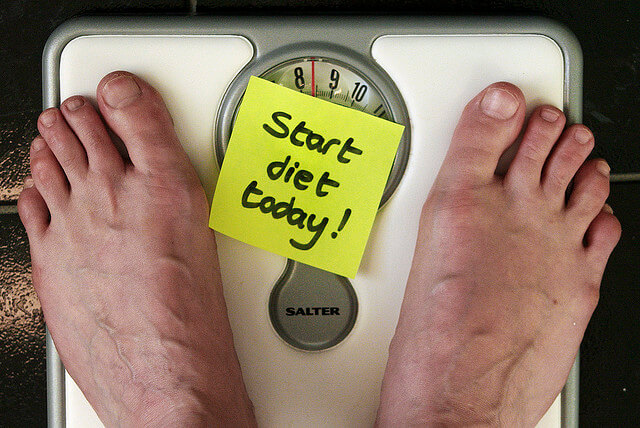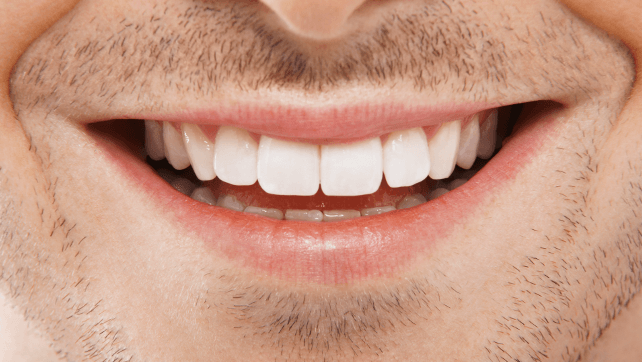Your skin is the body’s largest single organ and the barrier between the harsh world outside and our delicate insides. As such, many things that impact your health hit your skin hard. Add to this the fact that it’s the most visible organ and it’s a very important (and very useful) thing for general health.
Diet, sleep and other lifestyle choices all affect the skin’s ability to function and repair the damage done day-to-day. It also affects how good your skin looks, of course. When you make the right choices, you control things like inflammation, hormone production and the rate of turnover of cells, proteins and oils in the skin. So stock up your kitchen with the right foods and you can essentially eat yourself handsome.

Foods that harm your skin
Dairy
The link here isn’t clear, but milk is a rich mixture of compounds that can alter the production of specific hormones, as well as raising inflammation levels in the body.
SEE ALSO: Are you a ‘dad bod’?
IGF-1 is a growth factor that we all produce, which is strongly associated with spots. It’s also present in the stuff that you pour over your cornflakes and consuming dairy products is shown to significantly increase IGF-levels.
Tip: Cut back on dairy and try to opt for soya milk as opposed to dairy milk to lower your levels of dairy intake on a daily basis.
RECOMMENDED: Detoxipure for an Inner cleanse from Fushi
High GI and GL foods
Eating a heavy junk food diet is a sure-fire way to lousy skin, but is it a symptom of a bigger lifestyle problem or a direct cause of skin problems?
Fast-release carbs like the ones in fries and fizzy drinks stimulate the release of insulin, high levels of which are associated with poor skin health, and in particular, acne.
Junk foods often raise inflammation and are lacking in antioxidants, which can help your skin deal with the chemical and physical insults of the outside world.
Foods that improve your skin
Citrus Fruits, Peppers, watercress
Fruit and veg are a source of nutrients such as antioxidants that help keep your skin looking good. In particular vitamin C is vital for collagen production – the stuff that keeps your skin ‘full’ and youthful. It can also reduce ‘photo ageing’, damage caused by oxidative damage to the proteins in skin by the sun’s rays.
Nuts and seeds
Nuts and seeds are a great source of vitamin E. It’s a powerful antioxidant that lowers inflammation and improves immune response. It’s also the most abundant antioxidant found in and on the skin and is secreted in the oily sebum that collects on your forehead and elsewhere.
Nuts and seeds are also good sources of zinc, which is an improvement regulator of collagen production. If you want to look young, grab a handful.
Olive Oil
Research has shown that an increased intake of olive oil is associated with better skin appearance and fewer signs of ageing. One explanation may be the relatively high levels of vitamin E.
Another explanation is the range of phytochemicals (called polyphenols) that can alter gene expression in ways associated with a wide range of health benefits, including those for the skin.
Oily fish and dark coloured vegetables
Phytochemicals and healthy fats can also both help to normalise inflammation levels. In particular the omega 3 fats found in fish provide the raw materials for compounds called eicosanoids that lower inflammation and have a knock-on effect of improving your skin-health.
Additionally, dark green, blue and purple vegetables contain anthocyanins, which also function as antioxidants and alter the expression of genes associated with inflammation. In other words having some colour on your plate will put some colour in your cheeks.




